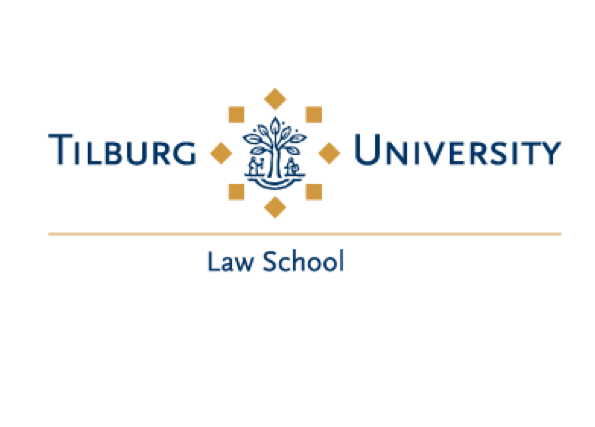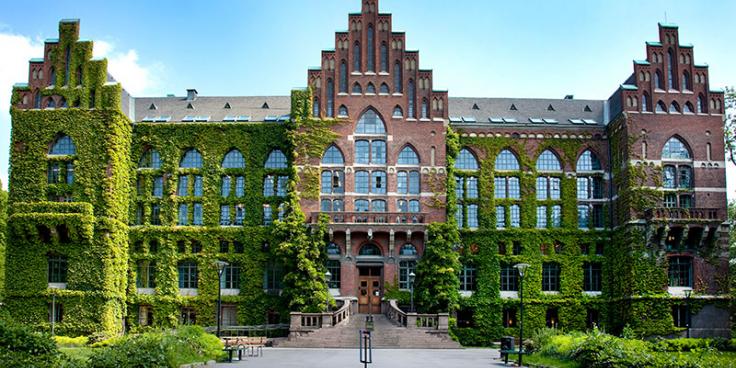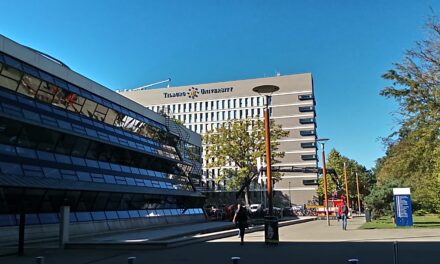The main focus of the International Business Law Master’s program is to combine theory and practice. The practice is well-reflected in case studies that students have to make and take-home assignments. In these case studies students play, for example, the part of a lawyer and have to explain how they would handle certain problems. The program encourages students to work in groups. Since you will work together with students from all over the world in these groups, you will learn a lot. The program also offers a lot of different guest lecturers from universities from all around the world. This is very interesting and gives you a better perspective on law in other countries.
The program consists of seven compulsory courses (42 ECTS), one elective course (6 ECTS) and the master’s thesis (12 ECTS). The program starts with a Primer on International Business Law, which is the first compulsory course. This subject treats the necessary background knowledge which is needed to successfully participate in the following courses. Furthermore, the program contains the following compulsory subjects: Banking and Securities Regulation, European Competition Law, International Business Law I and International Company Law in the fall semester. In the spring semester the compulsory subjects are: International Business Law II and Legal Negotiation Workshop. For the elective course you can choose between Advanced Competition Law and Economic Regulation, Comparative Corporate Governance, International Commercial Law, Law, Entrepreneurship and Finance, Trade and WTO Law or an elective course of another master’s program.
Master’s thesis
It is possible to write a thesis in the field of business law but also to write one in the field of competition law. This means that there is a possibility to specialize in competition law. Students have a high level of autonomy in terms of contemplating the topic of their thesis. However, the subject has to be related to business law or competition law.







